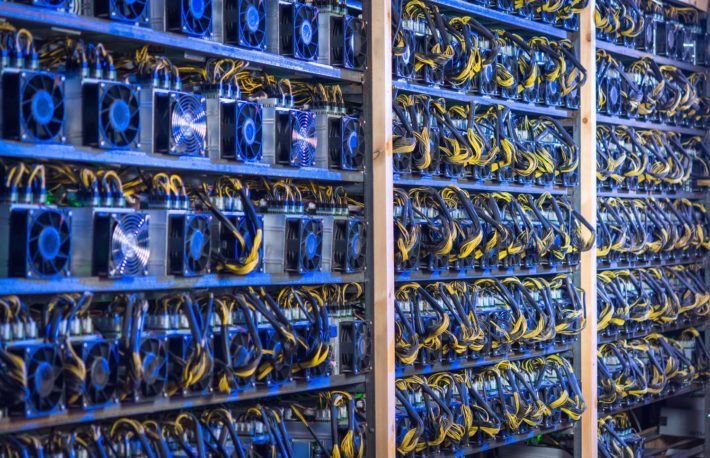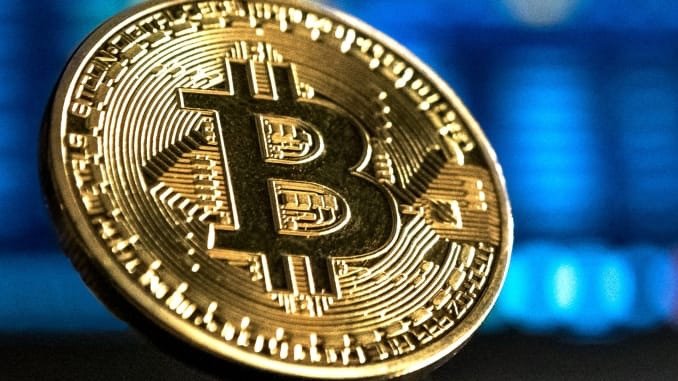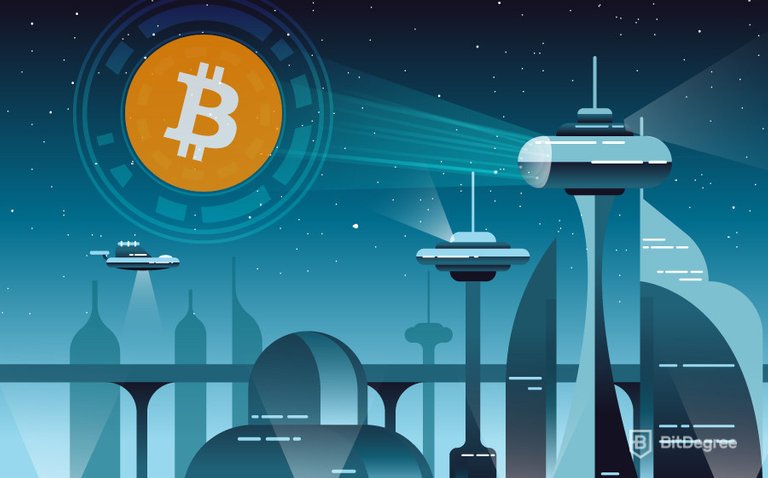Can Bitcoin Mining Still Be Centralized? (Original-to-Steemit article)

Bitcoin, and everything about it, screams revolt against the old, centralized system. As the first successful decentralized digital currency, Bitcoin represented a technological revolution in the financial world. This multi-billion dollar global economy does not just redefine the meaning of money, it represents an alternative lifestyle and expresses an ethos that is mistrustful of the institutions who, previously controlled money. Which is to say that centralized bitcoin mining is anathema, to all the visionaries, anarchists, and independent thinkers that it continues to attract.

Andreas M. Antonopoulos, a well-respected figure in bitcoin breaks down the concept of mining this way: "a giant competitive game of sudoku that resets every time someone finds a solution and whose difficulty automatically adjusts so that it takes approximately 10 minutes to find a solution."
Over time, miners found that it was more cost efficient if they signed up with a pool of other miners and split the profits. However, if any pool takes over 51% of the worldwide computer network that oversees bitcoin, it might (theoretically) pose a threat.
Which is why, in 2014, when one mining pool, called GHash.io, controlled more than 40% of network, this created something of a panic and bitcoiners called on miners to abandon this pool. This was not the first such cautionary tale, and bitcoiners had addressed such a challenge (albeit to a lesser extent) with other mining pools in the past: DeepBit and BTC Guild.
Afterall the founding philosophy of bitcoin is that it is not controlled by a central authority.
Mining is often likened to a lottery, where the more bitcoin miners complete random calculations, called hashes, the better their chances are of winning. Pools make sense, since they have greater hash-power--if, of course, they are kept in check. For example, the top 3 mining pools are poolin (18%) F2Pool (16.6%) and BTC.com (12%). The other 6 top players enjoy under 10% each of the pie. So, in that regard, one could say that mining is 'centralized', to an extent, given the power few of these pools possess.

Meanwhile, as a means of checking on overambitious pool, its members can always defect. Or, they can adopt new software created to address the 51% problem, such as P2pool. Stratun v2, for example, is a software which features security improvements, while offering greater power to individual miners, versus mining pool operators. Similarly, there are innovative proposals, like Better Hash Mining Protocol designed to encourage decentralized mining/reduce centralization in the bitcoin ecosystem--once again, by granting individual miners more control over transactions versus pools.
But, Gavin Andersen, lead developer of a bitcoin software that is adopted worldwide, was not concerned after 2014 GHash.io wake-up call.
I tend to ignore mining because the incentives are correct," he says. "Big miners and mining pools would be stupid to do things that undermine confidence in bitcoin and make their investment worth less. I predict history will repeat itself, and the current panic ...will self-correct...
Interestingly, although bitcoin is still illegal in China, mining itself is no longer regarded as an "undesirable industry" (at least, as of the second half of 2109) and is widely practiced by individuals and corporations, as in North America and elsewhere. According to a report on the bitcoin mining network, from Coinshares Research, "as much as 65 percent of Bitcoin hash power resides within China."
While Bitcoin mining can still be profitable for some individuals--using cheaper electricity, more readily available efficiency machines, with new generation technology upgrades--it still makes more sense for machines to join a consortium of bitcoin miners, (aka pools) especially, considering the price volatility of bitcoin. Also, everything considered, a pool would be cutting its nose to spite its face if it were to behave maliciously. Pools cannot, for example, take your coins away or change the rules and would only hurt themselves, if they try to hurt you, as they would be blacklisted.
Think of bitcoin as a republic and the centralized world as a monarchy. In this regard, the Republic of Bitcoin is protected against centralization by its founding father(s), Satoshi Nakamoto, and all those who uphold its declaration of independence. As the saying goes, the price of freedom -- in this case, decentralization -- is eternal vigilance.

China
Posted using Partiko Android
Shared on Twitter #posh
According to the Bible, Is the Bible final and complete? How does it support science? (Part 3 of 4)
(Sorry for sending this comment. We are not looking for our self profit, our intentions is to preach the words of God in any means possible.)
Comment what you understand of our Youtube Video to receive our full votes. We have 30,000 #SteemPower. It's our little way to Thank you, our beloved friend.
Check our Discord Chat
Join our Official Community: https://beta.steemit.com/trending/hive-182074
Congratulations @yahialababidi! You have completed the following achievement on the Steem blockchain and have been rewarded with new badge(s) :
You can view your badges on your Steem Board and compare to others on the Steem Ranking
If you no longer want to receive notifications, reply to this comment with the word
STOPVote for @Steemitboard as a witness to get one more award and increased upvotes!
I mined Zcash for a year. It was a good learning experience, but not profitable. I may give mining Bitcoin a try.
Posted Using LeoFinance
Good luck with Bitcoin; I hope it's profitable for you. Only thing I'm mining is Hive :)